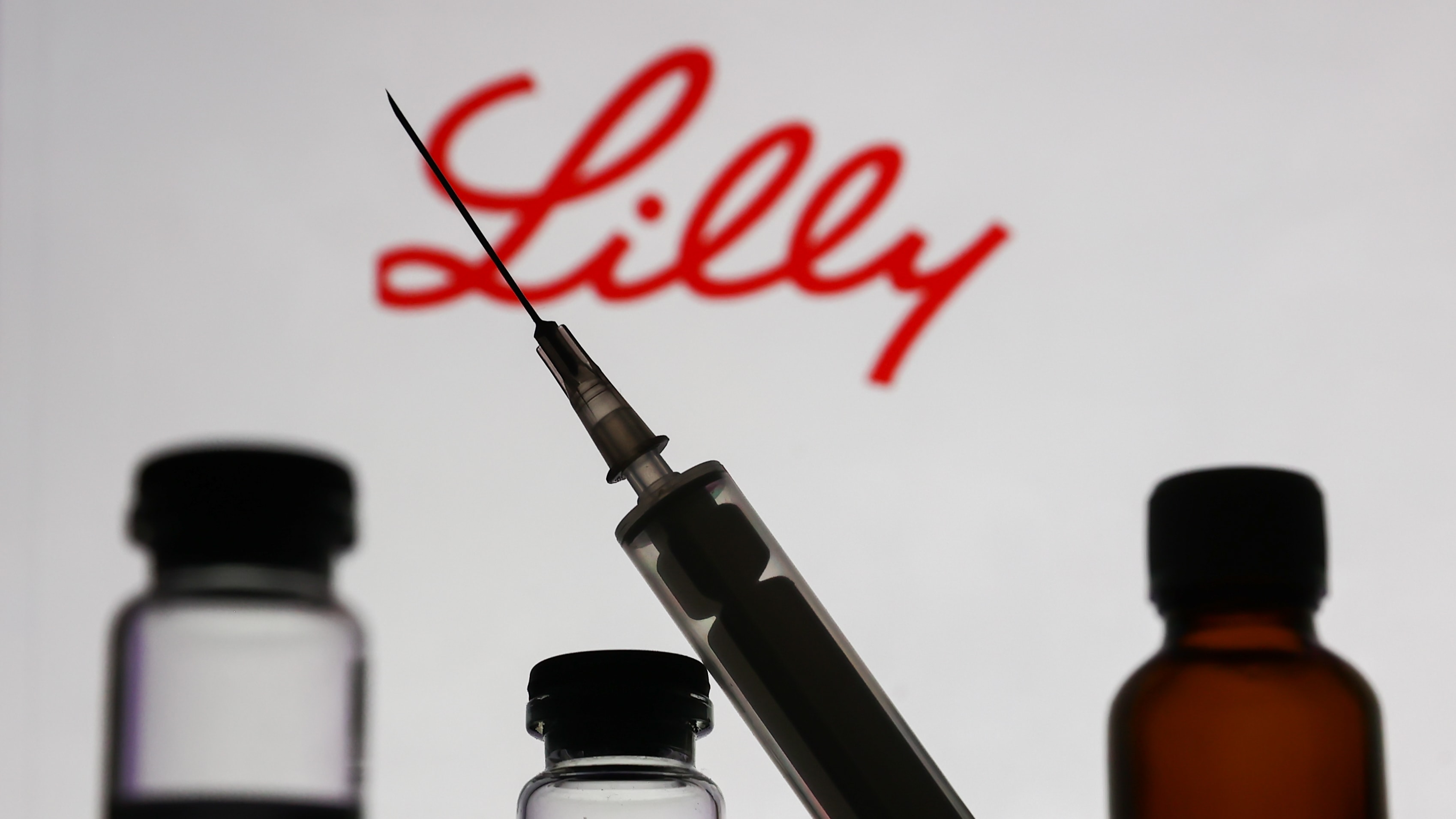Eli Lilly's insulin price cap: How much will the drug cost?
The change is being heralded as a very 'big deal' for millions of diabetes patients


A free daily email with the biggest news stories of the day – and the best features from TheWeek.com
You are now subscribed
Your newsletter sign-up was successful
Drug company Eli Lilly announced it will cut the price of its insulin by 70 percent. How much will the drug cost and what does this mean for people with diabetes? Here's everything you need to know:
What are the new insulin prices?
Eli Lilly said it would cap the out-of-pocket insulin price at $35 per month, per a news release. This cap applies to people with and without insurance. Eli Lilly Chair and CEO David Ricks said the "aggressive" price cuts would "make a real difference" for diabetes patients.
The company also announced that its unbranded insulin variety would be priced at $25 per vial starting in May 2023. This is down from $82, reports The New York Times. Lilly will also be reducing the price of its most prescribed insulin brands Humalog and Humulin by 70 percent. Humalog will be priced at $66.40 per vial, down from $274.70, per CNN.
The Week
Escape your echo chamber. Get the facts behind the news, plus analysis from multiple perspectives.

Sign up for The Week's Free Newsletters
From our morning news briefing to a weekly Good News Newsletter, get the best of The Week delivered directly to your inbox.
From our morning news briefing to a weekly Good News Newsletter, get the best of The Week delivered directly to your inbox.
Lilly is also releasing a new insulin product called Rezvoglar, which The Washington Post says is "interchangeable" with a similar medication from Sanofi, one of the "big three" insulin makers, but costs close to 80 percent less.
Those with private health insurance at participating pharmacies will automatically have their medication capped at $35, "effective immediately," Lilly says. For those without insurance, the company is expanding its Insulin Value Program, which will also cap the price at $35, CNN adds.
"While the current health-care system provides access to insulin for most people with diabetes, it still does not provide affordable insulin for everyone and that needs to change," Ricks remarked.
How will this affect diabetes patients?
The new development is welcome news for more than 7 million Americans who take insulin to survive. Not taking the correct dosage can lead to potentially fatal health complications. The cost of insulin has steadily been increasing, with its price doubling in the last decade. One study published in the Health Affairs journal found over 14 percent of insulin users in the U.S. reached "catastrophic spending" on the medication, with close to two-thirds of them being Medicare beneficiaries. "Out-of-pocket payments for people on certain high-deductible insurance plans can exceed $1,000 a month," The New York Times says.
A free daily email with the biggest news stories of the day – and the best features from TheWeek.com
Diabetes was the seventh leading cause of death in the U.S. in 2019, according to the American Diabetes Association. Many middle- and low-income users have reported rationing their insulin supply to cut costs.
Lilly had "faced a bipartisan pressure campaign from members of Congress," ABC News explains. Lawmakers had criticized drug companies for their ""pattern of abusive profiteering," the Times adds. A provision in the 2022 Inflation Reduction Act caps insulin copays at $35 for those under Medicare Part D starting in 2023. During his State of the Union speech, Biden called for Congress to extend the cap to people with private insurance as well, The Washington Post says.
"Insulin costs less than $10 to make, but Americans are sometimes forced to pay over $300 for it," President Biden said after Lilly's announcement. "It's flat wrong."
Lilly's major competitors Novo Nordisk and Sanofi have offered programs in the past to curb insulin costs. Novo Nordisk offered a cash card program and some price cuts in 2020, and Sanofi offered the Medicare $35 cap to senior citizens in 2021. However, Eli Lilly is the first to offer such a sweeping price reduction.
"We are calling on policymakers, employers, and others to join us in making insulin more affordable," Ricks said. Biden called the move a "big deal" and urged "other manufacturers to follow" Lilly's lead.
Devika Rao has worked as a staff writer at The Week since 2022, covering science, the environment, climate and business. She previously worked as a policy associate for a nonprofit organization advocating for environmental action from a business perspective.
